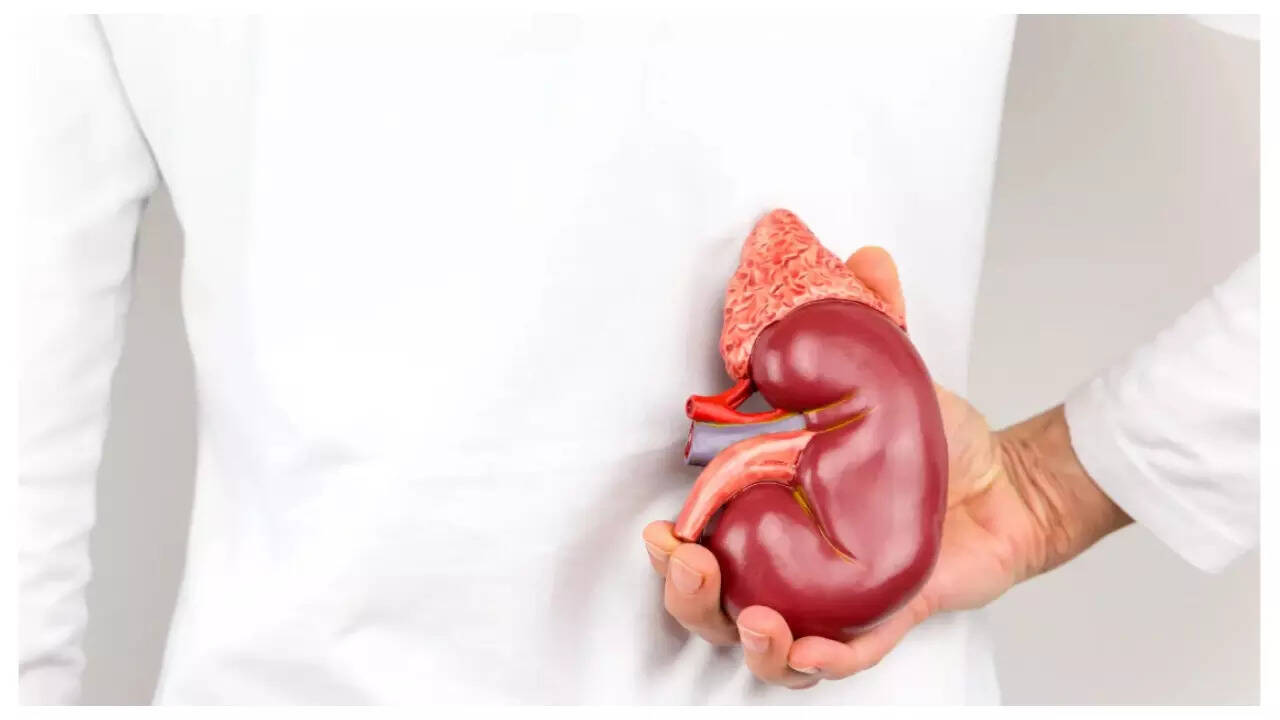This diet is the only way to sustainable weight loss, as revealed by Alia Bhatt’s nutritionist (and why it works)

For many people, weight loss, or rather sustainable weight loss, is a constant battle, one that riddled with frustration, failure, lack of consistency and intermittent success. While exercise does play a role in weight loss, the main component of healthy weight loss lies in watching what you eat, which translates into a healthy diet. Dr. Siddhant Bhargava, fat-loss doctor and nutritionist, who has worked with many celebrities like Alia Bhatt, reveals that the only way to correct and sustained weight loss is creating a calorie deficit. Let’s learn more…Understanding the science of calorie deficitDr. Bhargava, in a YouTube video, explains that weight loss operates some basic biological mechanisms. Your body begins to use stored fat for energy when you consume fewer calories, than your daily requirements. The body, on the other hand, needs continuous energy supply to operate, so it will draw fat from storage when food calories are insufficient. The process of fat burning results in steady weight reduction. Scientific evidence shows that any weight loss diet including keto, intermittent fasting and low-carb requires a calorie deficit to work.A calorie deficit can be reached through different methods. Some people find it simpler to lose weight by eating smaller portions and selecting foods with fewer calories, but others succeed better by exercising more to increase their calorie burn. Either way, people should maintain their chosen weight loss method, based on what works best for their lifestyle, and is something they can stick to it in the long run.

No magic dietDr. Bhargava says that there exists no single “magic” diet, which works for every person who wants to lose weight. People often spend their time on celebrity diets, and new food trends before they realise these approaches do not work for them. He recommends developing a weight loss plan which considers your personal habits and lifestyle and body type.The method requires you to monitor your daily calorie consumption, while selecting foods that provide nutrients at low calorie values. Your weight loss goal requires you to use more energy than you consume through any method that works for you, including portion control, exercise and dietary changes.Practical tips for maintaining a calorie deficit
- Record your daily food consumption to determine your total calorie intake.
- Select foods that provide nutrients, while being low in calories such as vegetables and lean proteins.
- Do physical exercises including walking, jogging and strength training to increase your calorie burn.
- Stay away from fad diets which offer rapid weight loss, but fail to consider long-term weight management.
- Consult with dietitians or doctors to create customised weight loss plans.
What does science sayMultiple scientific studies demonstrate that weight loss depends on creating a calorie deficit. The “Obesity Reviews” journal published a systematic review which demonstrated that maintaining energy deficit through diet or exercise or their combination results in substantial fat reduction. The “American Journal of Clinical Nutrition” published research which demonstrated that people who followed calorie restriction guidelines, achieved better long-term weight loss than those who focused on specific diets.Sustainable weight loss through scienceDr. Bhargava advises people to understand the basic biological mechanism of calorie deficit which drives all weight loss efforts. The path to weight loss requires a balanced approach, which matches individual needs, instead of relying on quick fixes or magic solutions. The practical advice helps people steer clear of fad diets, while achieving their weight loss goals through proven methods.These views are not generic in nature. Weight loss results vary for individuals and the views shared in this article offer no guarantee of specific results. The content is not intended in any way as a substitute for professional advice.






